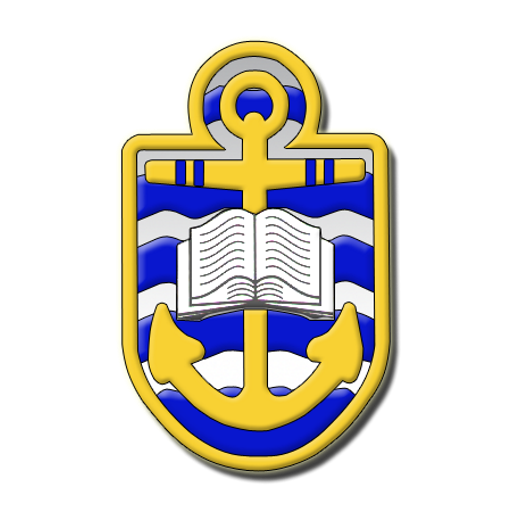Year Curriculum
Mandarin - The Anchorsholme Way
Intent |
At Anchorsholme Academy, we teach a foreign language to all our children as part of our normal school curriculum. Our chosen foreign language is Mandarin. We believe that a Modern Foreign Language prepares pupils to participate collaboratively in a rapidly changing world in which work and other activities are often carried out via communication in languages other than English. The rise of international commerce means that pupils need to be equipped with the skills needed by the international workplace. The choice of which language to teach is secondary to the lifelong language learning skills that the pupils will be encouraged to develop. Skills that they will be able access in the future will help them to learn new languages or to improve their competence in an existing language. Increased capability in the use of MFL promotes initiative, curiosity, confidence and independent learning encouraging diversity within society.
|
Cultural Capital |
|
Lesson Expectations |
|
Assessment |
Most assessment is formative and is used to support teaching and learning and inform future planning. The MFL teacher assesses the children’s progress in the target language based on their achievement of the learning objectives in lessons. The use of half termly assessments informs teachers of the children’s understanding from objectives covered in that half term. The assessment is delivered in the same way as YCT examinations which we encourage every child to sit in years 5 and 6. Monitoring -Monitoring is carried out by the headteacher, a member of senior management or the languages coordinator, in the following ways:
Looking at the work in individual learner files or notebooks or portfolios
Provide a curricular record for the subject which is reported to the headteacher regularly Formative assessment is carried out continuously over a half term:
Summative assessment is carried out three times over the year:
|
EYFS |
In EYFS children are taught Mandarin through the use of songs and music; they are then able to develop:
|
More Able |
Our most able students are likely to:
For our more able students, we ensure that the lessons delivered are differentiated to challenge them. We provide opportunities for them to support other pupils and even deliver parts of the lesson. Along with our YCT 1 and YCT exams we encourage our more able pupils to challenge themselves further to sit the YCT 3 exam. |
SEND |
For students with SEND, the class teacher will be required to determine the level at which the student can access. This will then be shared with a member of our Mandarin team who will plan, deliver and assess accordingly to suit the needs of pupils. All SEND children should be supported to fully participate in all Mandarin lessons. Support includes: teacher or TA support, peer support, pre-teach of vocabulary or skills, use of IT resources, differentiation of activities and practical resources. |
General Info
Subject Information
Pupils
Extra Curricular Activities
Staff Members
Years Established
Get In Touch
Location: Eastpines Drive, Thornton-Cleveleys. FY5 3RX
Telephone: 01253 855215
Email: [email protected]

